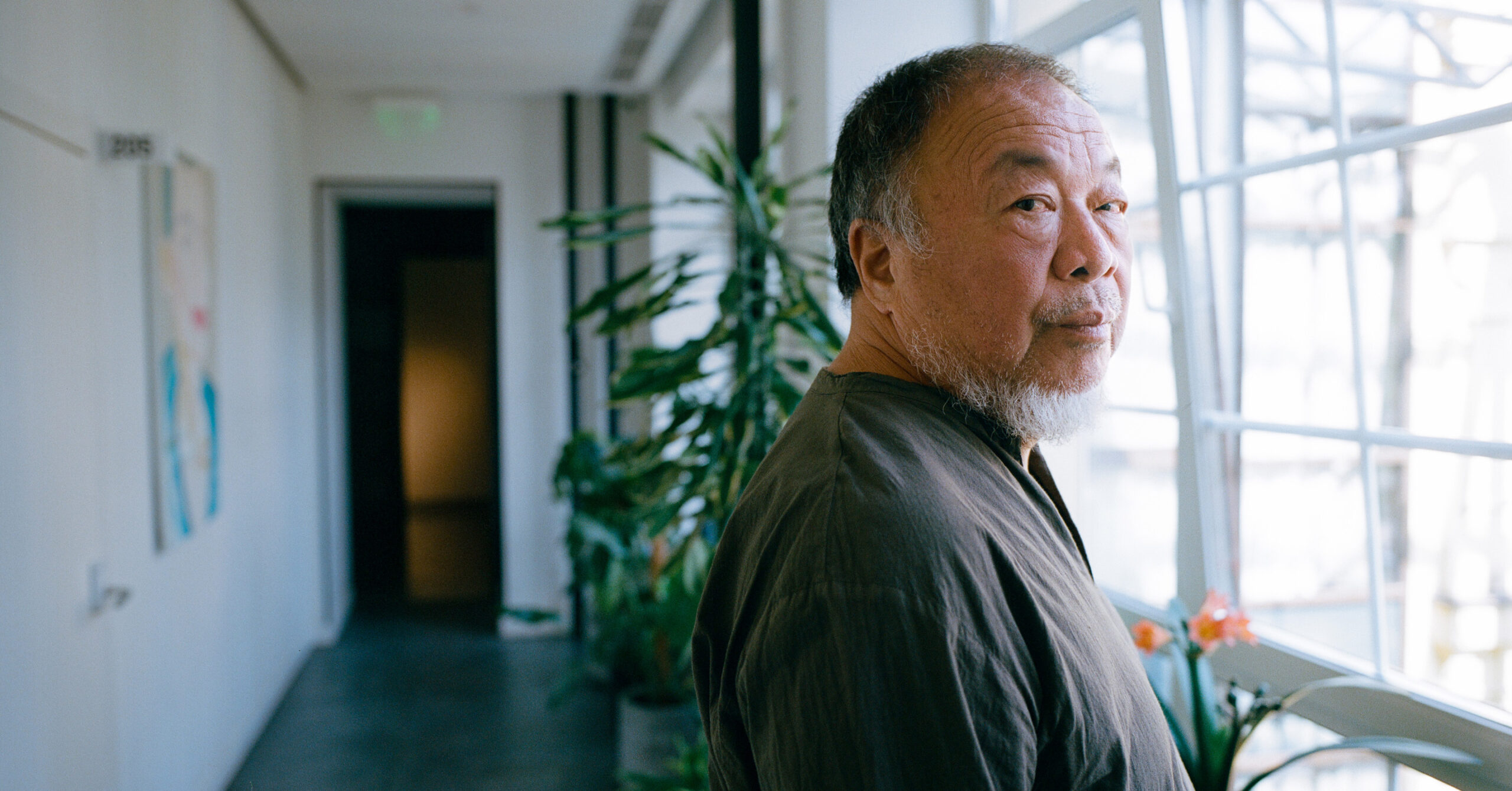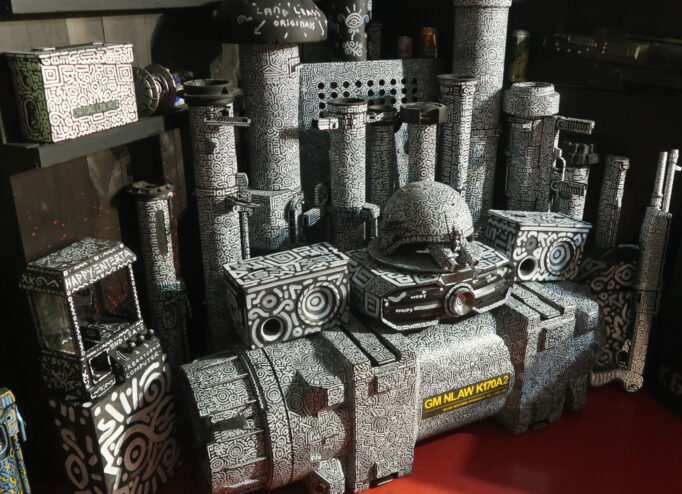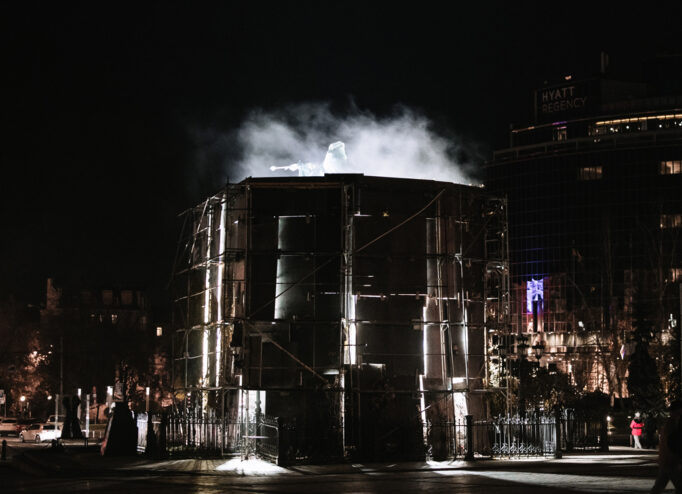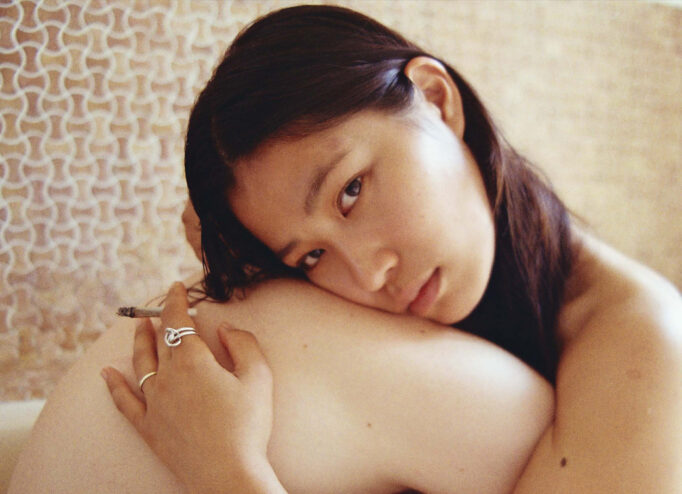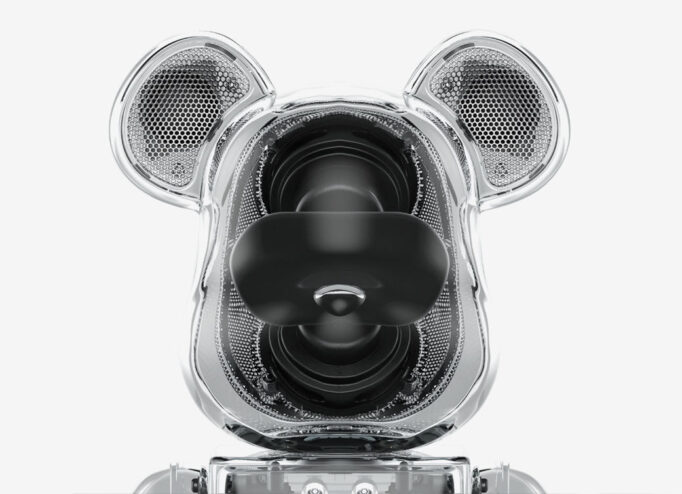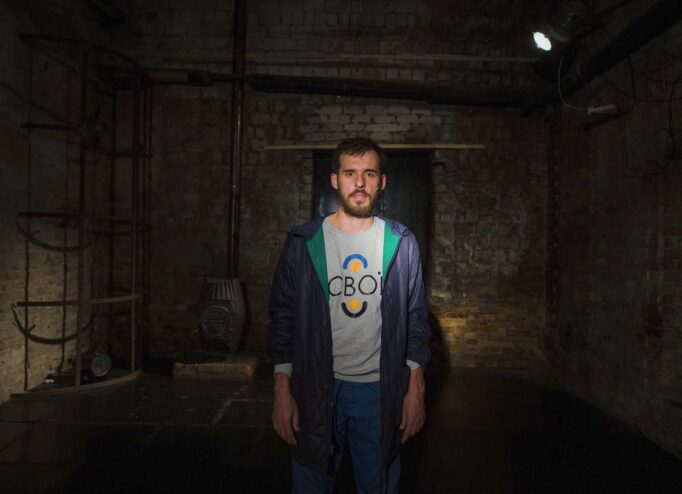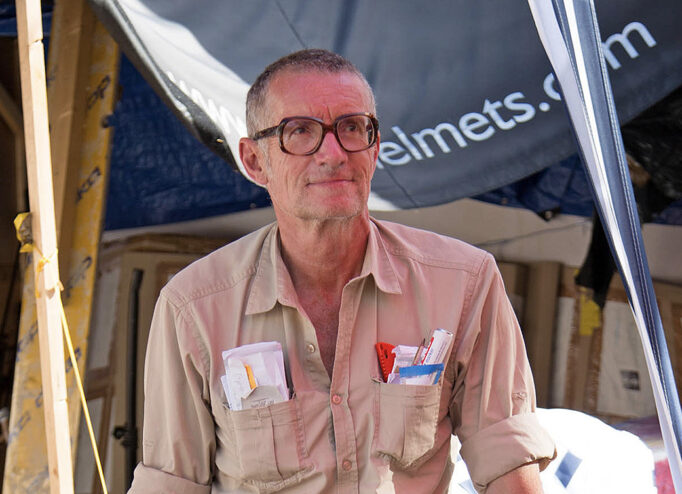Ai Weiwei — the leading Chinese artist and, without exaggeration, one of the most famous in the world — bought his first house only in 2022, at the age of 64. And not so much out of the need to have a permanent home as because of bureaucracy: the property, purchased in the Portuguese town of Montemor-o-Novo, an hour’s drive from Lisbon, allowed him to obtain a so-called ‘golden visa’ and significantly simplified his movement around Europe. He had moved to Portugal in 2015 after the Chinese authorities returned his passport.
Ai Weiwei shares his Portuguese home with five cats (at one time, his studio in China housed 40), two dogs, and an exotic turaco bird — a gift from a local pet shop. Next to the house, he recreated an exact replica of his Shanghai studio, which had been demolished by government order back in 2011.
Despite this, the artist constantly emphasizes that even in the most comfortable conditions he never feels at home and dreams of returning to China, where his 92-year-old mother still lives. Perhaps this explains his tireless focus on issues of inequality, human rights, migrants, and refugees — those who are forced to leave their own homes.
In 2024, at a solo exhibition, Weiwei presented the work ‘Wheatfield with Crows’, inspired by Van Gogh’s painting of the same name, replacing the birds with FPV drones — one of the key technologies in russia’s war against Ukraine. A little later, he allowed Ukrainska Pravda to use his pixelated Don Quixote image for merch.
Now, specifically for Ukraine and commissioned by RIBBON International, the artist is working on an installation titled ‘Three Perfectly Proportioned Spheres and Camouflage Uniforms Painted White’. It will be presented in Kyiv on September 14 at the Pavilion of Culture at VDNH. The project’s concept is a reflection on the nature of modern wars, the concealment of facts, and ideological manipulation: the spheres symbolize historical ideals of order and rationality, while the white camouflage covering them represents censorship and attempts to ‘whitewash’ reality.
In August, Ai Weiwei visited Ukraine for the second time this summer, traveling not only to Kyiv but also to Kharkiv. DTF Magazine met with the artist to talk about his interest in Ukraine, the lack of courage in contemporary art, the discomfort of life in Europe, and what he considers a slap in the face to those who ‘go on about democracy’.
— Many artists are now afraid to come to Ukraine. You’ve instead been to Kharkiv, met ‘Khartiia’ fighters. Weren’t you afraid?
— First, I have the opportunity to be here because Ribbon International invited me to do something. As an artist, I always feel I should be in the place where I am needed. And after I came here, I built stronger relations with people from different levels. They come from the cultural industry, they could be farmers, they could be military leaders or foot soldiers on the front, really doing the daily work and really risking their lives. So in that sense, I can better understand who Ukrainians are, because I trust my judgment, my emotions. And I don’t see myself as an artist in the first place. I want to see myself as a human being. And as a human being, I’m part of the Ukrainian people.
But at the same time, as an artist, I can give out my way of expression, which I think extends, you know, their emotions — what they want to say and what they want to express. And this is a challenge. It’s not an easy thing to do. So the real danger is not that you lose your life. The real danger is you lose your heart and your spirit before you lose your life. So I don’t think there’s any danger here, I am not afraid.
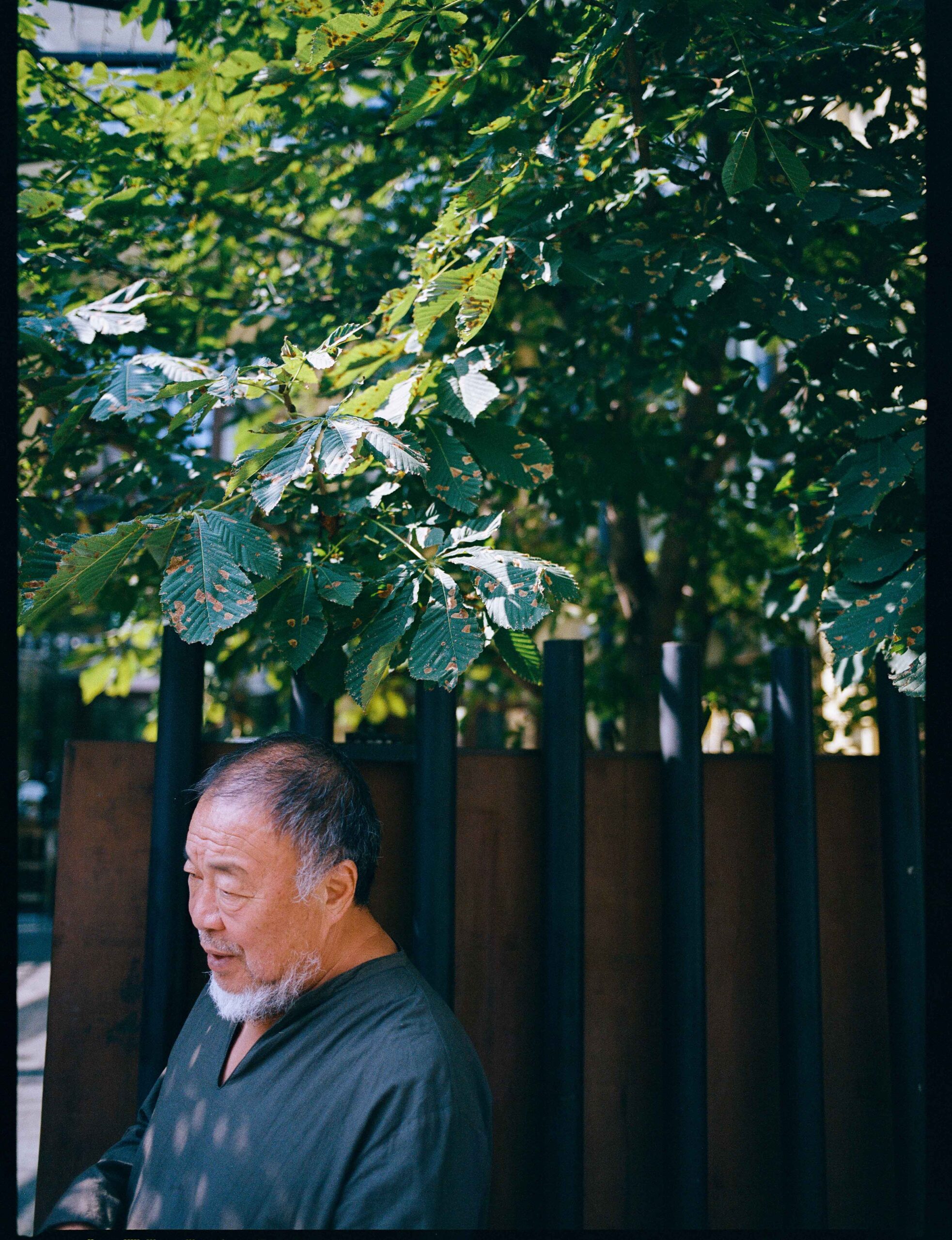
— And in general, is there anything in this life left you are still afraid of?
— I’m afraid of becoming older, losing consciousness, no longer being able to feel the pain of other people, and no longer being able to bear the responsibility of extending my hope and support to those who are in desperate situations.
— Do you think modern artists and modern art less fearless? I mean, more and more artists prefer to work with, you know, comfortable topics and do not work with something complex and difficult, the things you can be cancelled or hated for.
— I think art in general shows the cowardice of people who just want to be casual and to be cool, you know, to be cheerful. So it has lost the function of art, which is a serious call to our inner force.
But in today’s modern art, you really see something you can really trust. You think it opens a window you could never imagine. And so that requires the artist to be a very brave man. But you don’t see that kind of brave man coming out from art education. They just want to copy some successful artists so they can sell at high auctions or become a celebrity, some kind of star, which is poisoning.
— It seems that in our world now, to be pathetic, evil is winning. How is it possible? Because on one hand we have artificial intelligence, robots, cure for cancer and all this stuff. But on the other hand there are still a lot of poor people, inequality and wars.
— I think society is deeply divided now because of the so-called high technologies. Because they only benefit the big corporations and those who have the power benefit — they become more efficient and can lay off more staff, which makes ordinary people more vulnerable because they cannot even find a decent job to support themselves. So under this kind of trend… It’s not a trend, it’s almost like a historical move. We are much dragged down by this kind of corporate globalization and this kind of elitism in culture, which will be a disaster — you know, it certainly will bring us disaster.
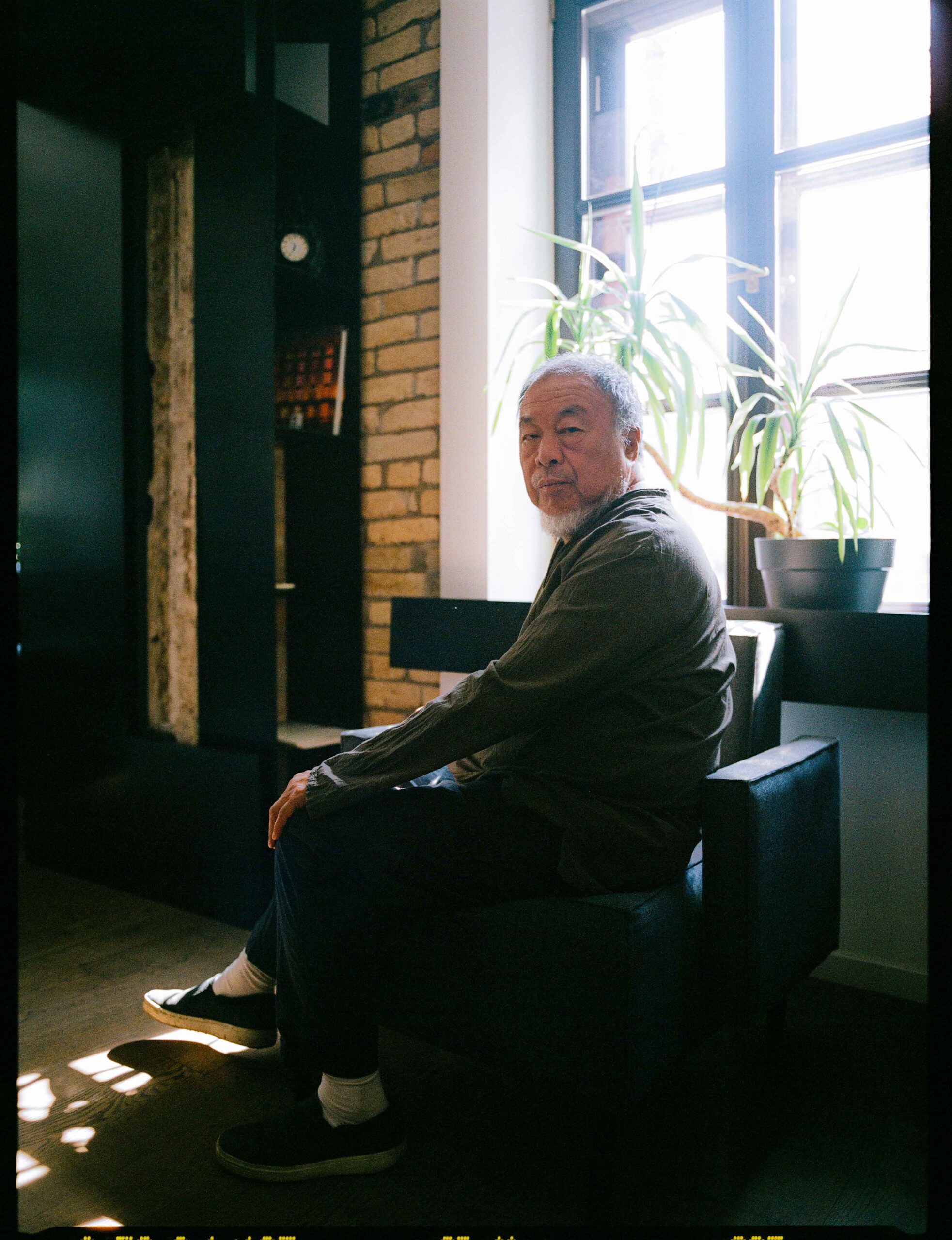
— But are you optimistic after all? Do you still believe in humanity?
— I think if we talk about humanity, the word we must use is compassion. When it all is not about you. You not only care about yourself, you’re not selfish, but rather you care about your neighbors or those who need your help. But that hasn’t become our reality. So I don’t know. I cannot be very optimistic, you know.
— What should we do with the fact that people from the so-called ‘first world’ usually talk about values, proper world development, and other noble things? Can these ideas even resonate in African or Asian countries that are really very poor, in particular because ‘first world’ countries once profited quite well from them?
— In the 1970s, my country had nothing. China worked hard to become powerful, but it sacrificed the education of several generations to do so. However, the authoritarian system allowed China to become strong. But this is more of an exception. Many other countries, for example in Africa, could not become strong — they were completely neglected. And humanity cannot survive if it neglects the well-being of other people.
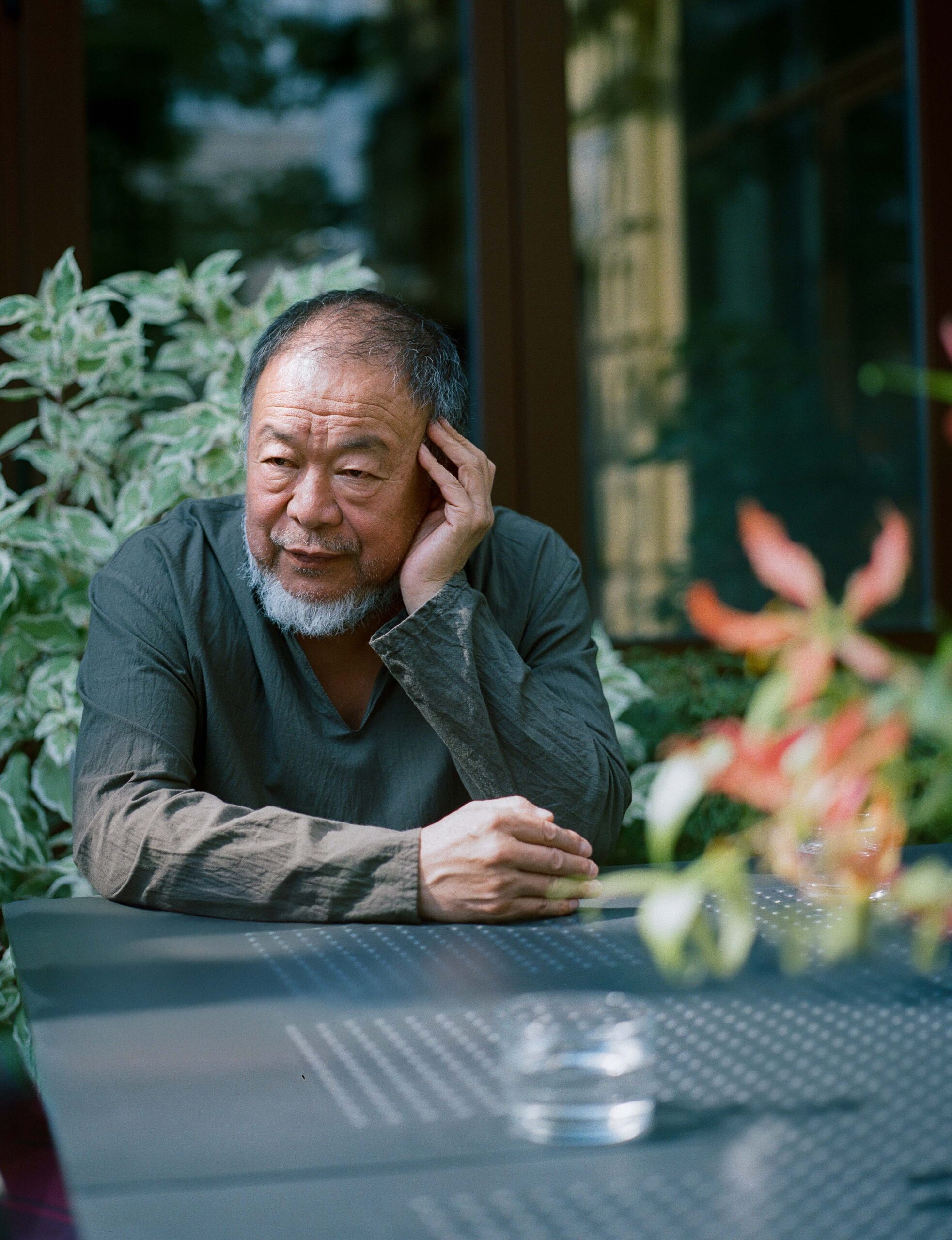
— You often work with social justice. And what is justice for you? How do you imagine it?
— My son said justice means everybody’s happy. When he was four years old, he said that, which has a certain truth. But everybody is happy… Is that possible? Or how do you measure what happiness is? Right? The new pair of brand shoes, or a place in a certain society which allows you to visit certain parties — is that happiness? Or is happiness just to watch how sunflowers are blooming under the sun? So it’s a very different measurement.
So I think society needs to take on a lot more responsibility to achieve true happiness. Because happiness that is based on other people’s efforts is fake. You just consume without contributing or taking responsibility.
— You have lived in Berlin, in London, now you live in Portugal. Would you say that in Europe you feel at least calm and comfortable?
— I didn’t feel a second of comfort in Europe, because I lost my possibility to live in China. I’m Chinese, I speak Chinese, my habits are more Chinese. But I totally gave it all up because of the circumstances. I feel that I’m a foreigner. It doesn’t matter how nicely people treat me, or how warmly they welcome me — I’m still an outsider because there are certain values I cannot accept.
— For example?
— Like society, that has too much focus on so-called individual benefits rather than seeing human society as one. We should recognize that our privileges are always based on someone’s misfortune. So without having this kind of compassion, society becomes quite foreign to me. Even more foreign.
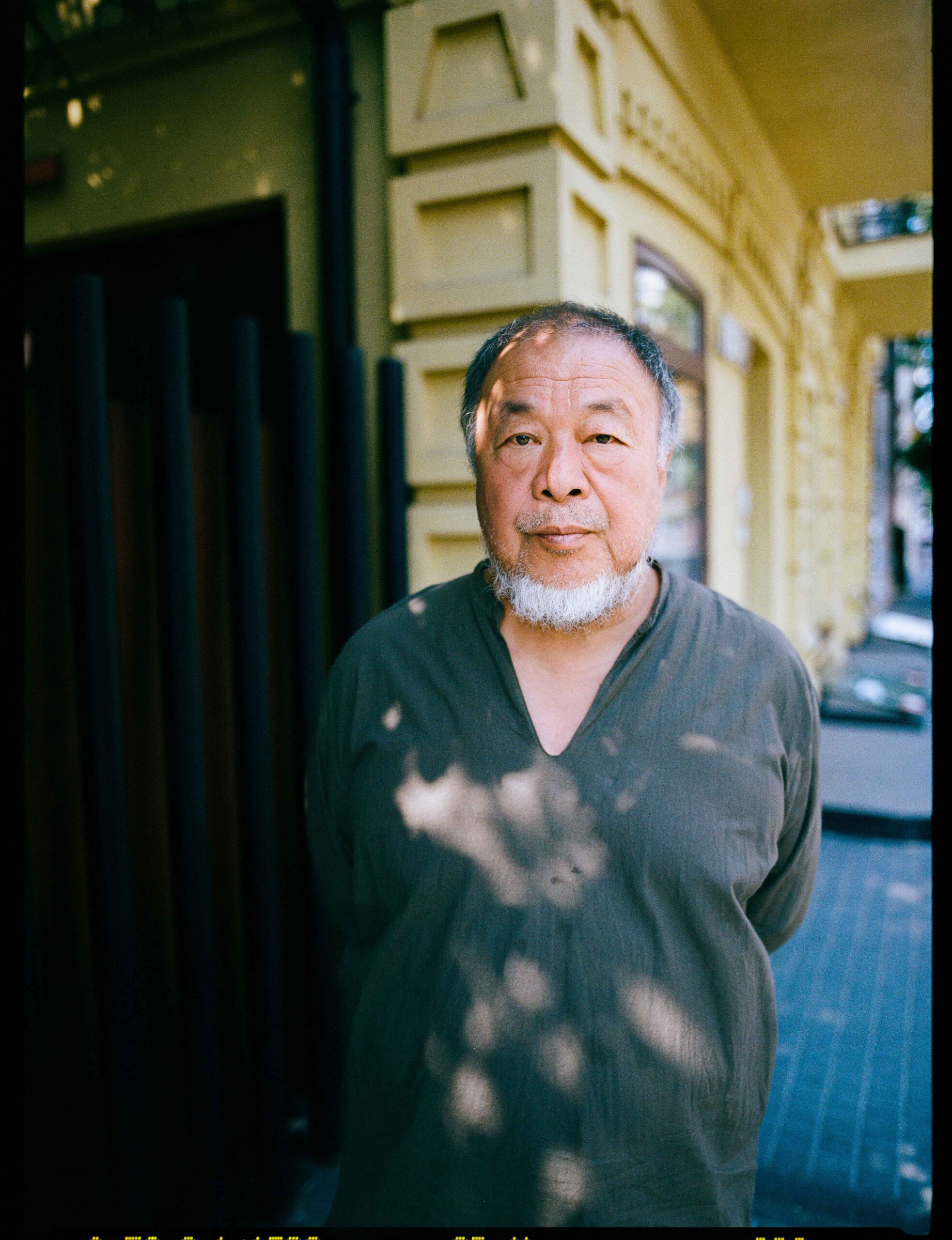
— And how do you feel about Europe declaring all those values like freedom, respect, equality? But do you really see them in Europe now?
— Many of these values seem hypocritical or simply unrealistic to me. I don’t understand some words, like ‘freedom’, ‘democracy’, or even ‘love’. I don’t see that these concepts really exist here on a deeper level. And also in Europe, people are very afraid of controversy when someone behaves rudely or unpleasantly to others.
— Many Ukrainians who were forced to leave Ukraine are now looking for answers on how not to be strangers in the place they found themselves. What would you tell them?
— Of course, with today’s culture and lifestyle, you can easily adjust yourself to another location which may be safer or more comfortable or guarantee your success. But ultimately you are who you are. You belong to another culture that you are deeply rooted in and that you will have to sacrifice. In my opinion, when you try to gain something, you always lose a lot. So I don’t know how people will solve this issue for themselves. It is also a sacrifice.
— In 2017 you put cages in New York as a symbol of protest against Donald Trump. And almost 10 years later, here we go again. Donald Trump is president of the United States again. How could it happen?
— Guys, this is really a slap in the face for all people, who are talking and talking about democracy. He is officially elected. But elected by whom? For what reasons? People like him are always blaming the modern media for the manipulation of the mass mind. So they play the game very well. And now they even try to decide Ukraine’s fate. And they’re not even shy about it. They think they’re the ones who would make the decision.
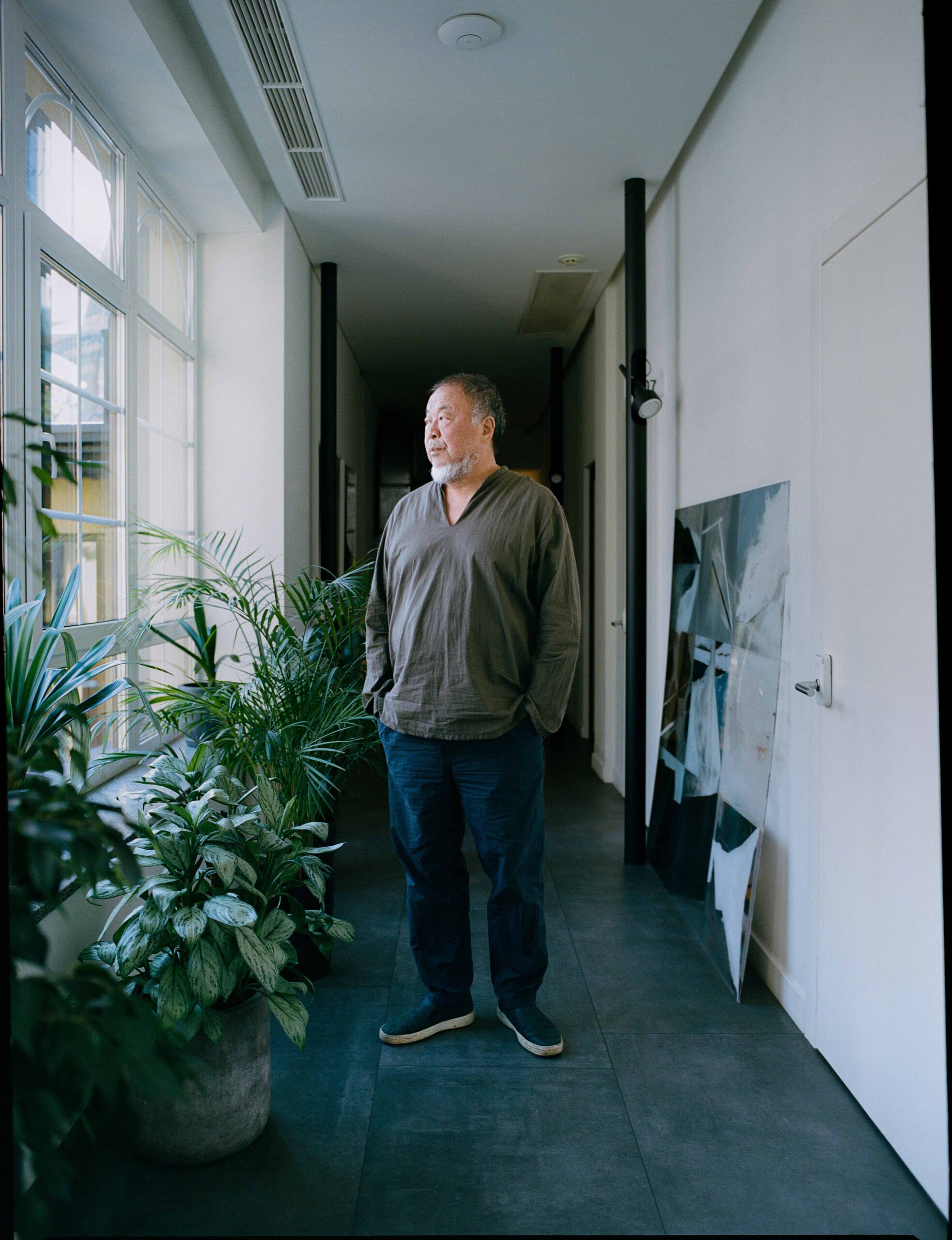
— You express your protest against injustice with your art. And do you expect some results, or it’s just your way to say that it is not okay, that something is not okay in this world?
— I don’t see any consequences of my art, but I face some consequences of it. I often have to explain my position to express my own opinion, which reflects who I am. And I hope that my opinion finds a response in others. That’s all I want today.
— And you said once, you don’t need much — paper and a pen for your work and good chat with friends and family for your inner state of mind. And actually, a human being really doesn’t need much. But where does all that striving for influence, money, and things come from then?
— As human beings, we already have everything — the world, the sunshine, the wind, drops of rain and snowflakes. We have everything. The higher power is so generous, providing clean water, everything.
But also the problem is the kind of game we’re in, a competition about who can make more money and to live in a larger property. This is always the main problem. Since earlier times, humans have been very selfish and have wished to be above others. But you cannot be above others. Once you choose this road, you lose the other possibilities. So it’s pitiful for those people who have money, but do not know how to use it to benefit others.
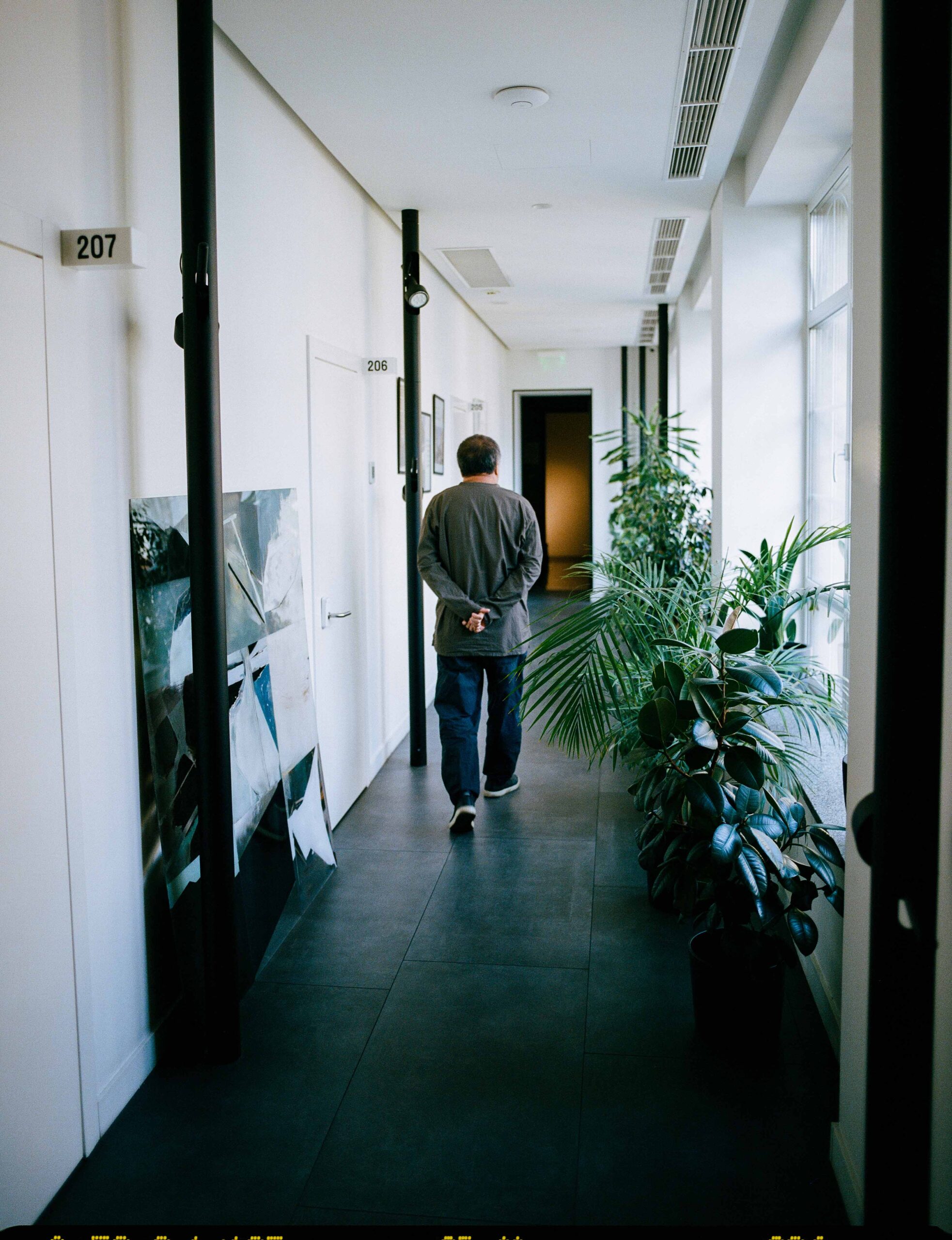
— In your practice, you rely on the past and talk a lot about the importance of memory. The Russians are simply now erasing the memory of everything Ukrainian in the territories they occupy: they are changing the names of streets and cities, rewriting history textbooks, throwing out everything that is left of Ukrainians in schools, colleges, and libraries. Nothing new, it has happened before, and not only here, but all over the world. But what do we do about it now?— Without a memory or understanding of our origins, we are essentially very poor. It doesn’t matter how much money you have, if you lose your identity, it is the most precious thing. Think of a person without a memory. I really think it’s that simple. Memory is the greatest asset of both an individual and a nation, because it is about our identity and our understanding of who we are. And there is nothing more important in life than understanding who you are. So, of course, we see all the aggressors trying to erase or distort that, to create a different, false narrative. And that’s really effective in controlling people’s minds. And the way we protect our memory is protecting our integrity.
Read more about art and interviews with artists in the “Art” section.
